I thought "trekking in the Himalayas" sounded pretty intense. "Let's go trekking" conjured pictures of mountain passes and fancy gear. But amongst my friends, at least, trekking is just a hike in the mountains.
Towards Triund
As we were finishing up hillhacks, Manuel and I decided we'd finally escape some of the event tasks and go for a trek up towards Triund, one of the local peaks. We took the scenic route up through Dharamkot and got as far as Magic View, about halfway. That was far enough for us. We had chai overlooking the beautiful view, chatting for over an hour about everything. It was a great friendship-cementing day. We returned to the venue several hours later to discover that the work we'd hoped to miss hadn't even begun. *sigh*
Rakkar
One of our friends in Rakkar is starting a local trekking business and took us as his first clients. It was a six hour hike through slate mines and steep forested hills that reminded me of where I grew up, with leaf-littered trails, large rocks and plenty of trees but much steeper and it felt like it we'd never reach the ridge. But we did (eventually) and then spent two nights in a shepherd's house made of mud and stone. I've never been in such a rustic setting, completely off the grid: no electricity, no phone service, no toilet, and the nearest potable water was a 20 minute walk down the hill.
The owner of the land, Foja, grew up there with his parents and 11 siblings. He used to carry 20 liters of milk down the mountain every day to the valley. His nearest neighbors were on the next ridge over - more than an hour's walk. So remote.
Despite that remoteness, we had two visitors while we were there. The first was a shepherd who was coming up the mountain to meet one of the other shepherds who was farther up. He stopped in to rest and we fed him, gave him some painkiller for his stiff neck, and let him nap next to the fire. Then he was on his way again, up up up. The next morning, we had an early visit from a man who walks up the mountain almost daily to harvest vegetables from the garden that grows wild in front of the house. Ironically, he sells them to Ghoomakhad where we are staying in the village! He was nice; we gave him some leftover bean curry to go with his chapati. He was grateful for that because as he explained, the bread is hard to chew when you have only a few teeth left. All these tough old men climbing up and down the mountain to tend the herds of goats and flocks of sheep like they did from when they were children. The youth have vanished into city jobs.
It is hard to describe what we did up there, exactly. There was nothing to do but sit and be in nature. I watched the sun slant across the valley, listened to birds, watched butterflies, and simply sat and observed the world around me. We cooked over a wood fire in a mud stove, had long and interesting conversations about local culture and all manner of things our guide and self-styled guru, and also picked flowers and offered chocolate to the local goddess (whose name means forehead in the local language).
Walking back down the mountain we traversed the tailing of the slate mine and knocked small pieces underfoot that sounded like bells tinkling. Getting back to a road with traffic from the slate mines - horses and trucks alike - seeing people again after two days...it was weird. Even coming back to such a small village as Rakkar seemed like a huge town after the quiet remoteness of the mountain.
It was a lovely trek and if you have a spare 2500 rupees per person per night, I suggest you contact Vishal at Ghoomakahd about doing it yourself.
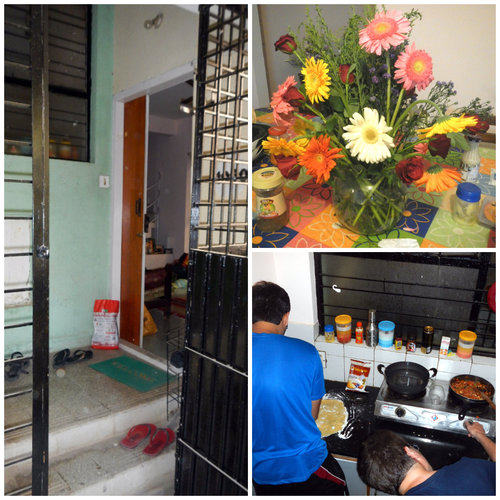
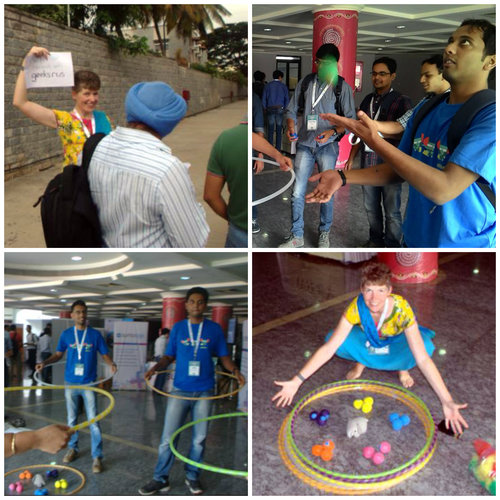

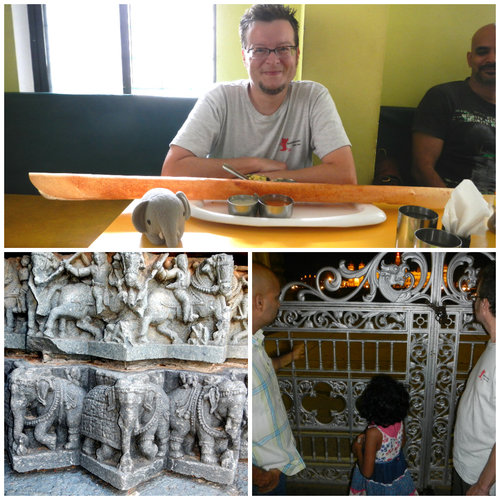

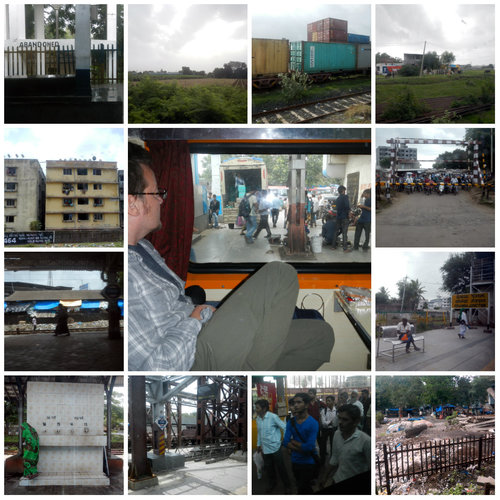
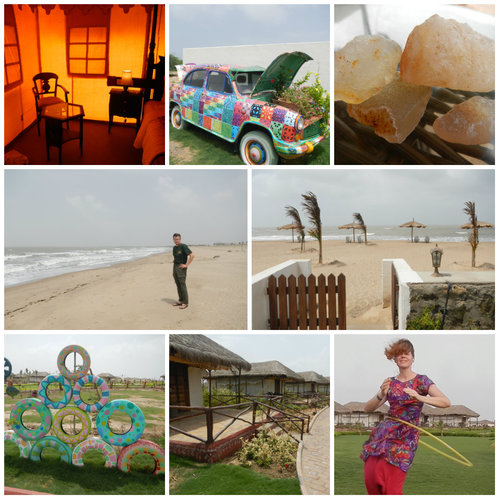


Recent Comments